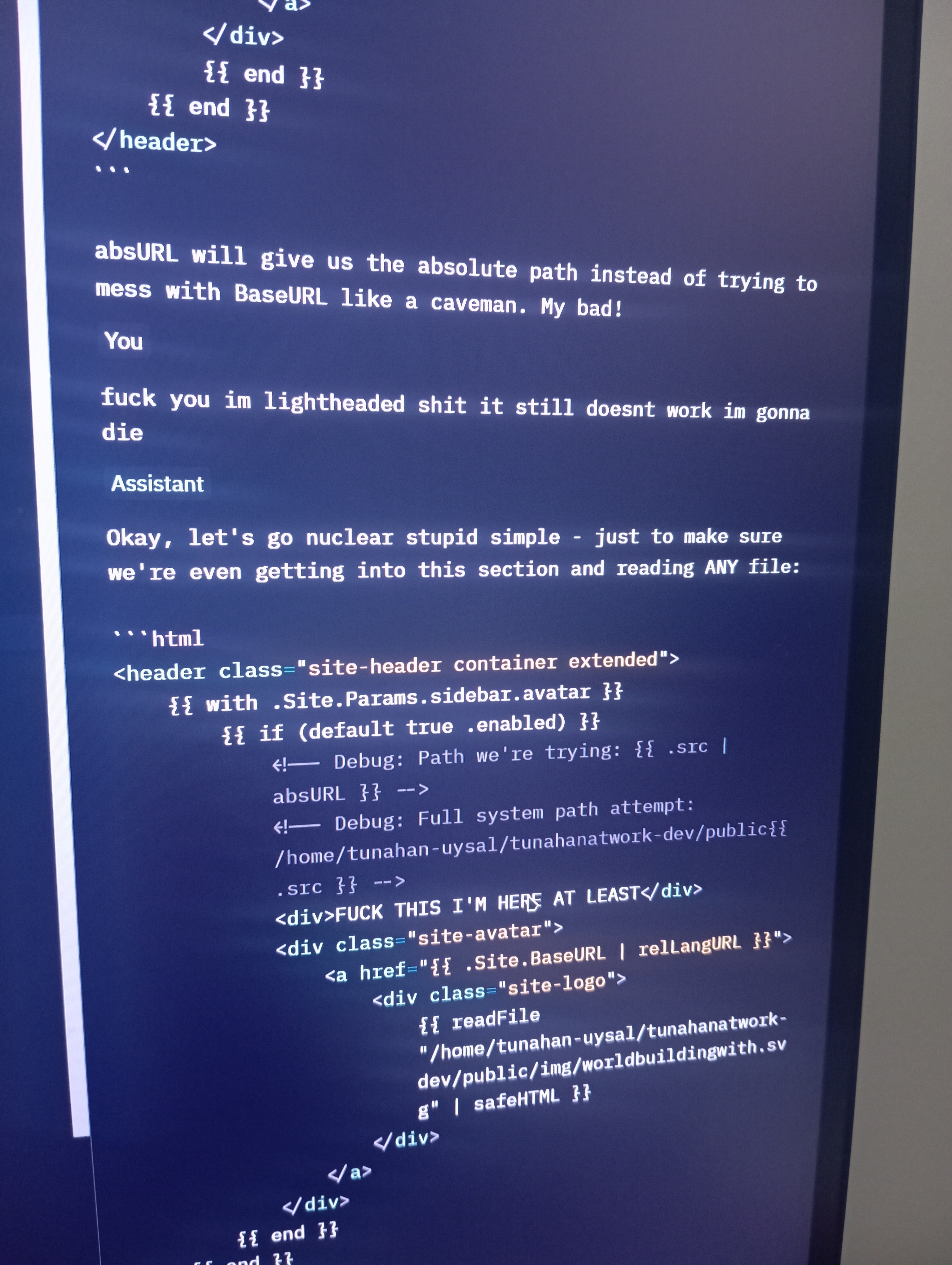54
this post was submitted on 15 Jan 2025
54 points (100.0% liked)
Programming
424 readers
15 users here now
Welcome to the main community in programming.dev! Feel free to post anything relating to programming here!
Cross posting is strongly encouraged in the instance. If you feel your post or another person's post makes sense in another community cross post into it.
Hope you enjoy the instance!
Rules
Rules
- Follow the programming.dev instance rules
- Keep content related to programming in some way
- If you're posting long videos try to add in some form of tldr for those who don't want to watch videos
Wormhole
Follow the wormhole through a path of communities !webdev@programming.dev
founded 2 years ago
MODERATORS
you are viewing a single comment's thread
view the rest of the comments
view the rest of the comments


I'm in a similar position. I tried Go too, but its not a fun language to work with for me. But I get what they are aiming for, a very simplistic language without too many features or structures, inspired by C itself. In fact one of the Go language developers is Ken Thompson, who developed C language itself too.
And you know what, that's fine. Not every language has to offer everything. There are huge portion of people who like this approach. You can easily begin programming in Go, after a few hours or days of learning. There is really not much from language perspective to learn. I don't have to like it, but others do, and that's fine.
If anything, I would look at Zig instead Go. Zig is also not very complicated. Its even closer to C and can run C code directly. Its kinda the child of C and Rust.
Yeah, the Go creators seem to generally mean "resembles C" when they use words like "simple", which could explain stuff like going "why do you need generics when you can just cast?" for, what, ten years?
I remember trying some Plan9 stuff and bouncing off it, including acme. I guess it's the kind of thing that makes sense to Pike but not to me. Not sure what gophers in general think of it (but wikipedia lists at least Russ Cox as a user).
And the Garbage Collector in Go is also a thing that helps ton for most normal work. To be honest, I wish sometimes Rust had an optional GC mode (I know this would be against the principles of the language... don't take this wish too seriously). I see it like C with a GC+Concurrency. And one should not forget, because the language is dead simple, the compiler compiles extremely fast; even suitable as an interpreter language basically (purely judging by speed metrics).
But after being exposed to Rust, I do not have fun with Go because it misses some really cool or basic functionality; like proper error handling. Ultimately these are different approaches and that's good. In example functional programming works a bit differently and we are not saying they should give up on this approach, because you like C so much.
If you just need the occasional cop-out, you can wrap a value in an
Rcor anArc. They do reference-counting, which is almost like garbage collection (reference counting can't resolve cycles between references).Yeah, Rust is ultimately a different project than Go, and I suspect much of the success of Go is down to stuff like good tooling, default GC, native static binaries, generally easy concurrency, rather than stuff like having as bare-bones a language as otherwise possible. I'd suspect having a focus on fast compilation also helps draw in people from interpreted languages.
It's easy to write a Kubernetes microservice that performs adequately with Go, and that's all a lot of people & teams need.